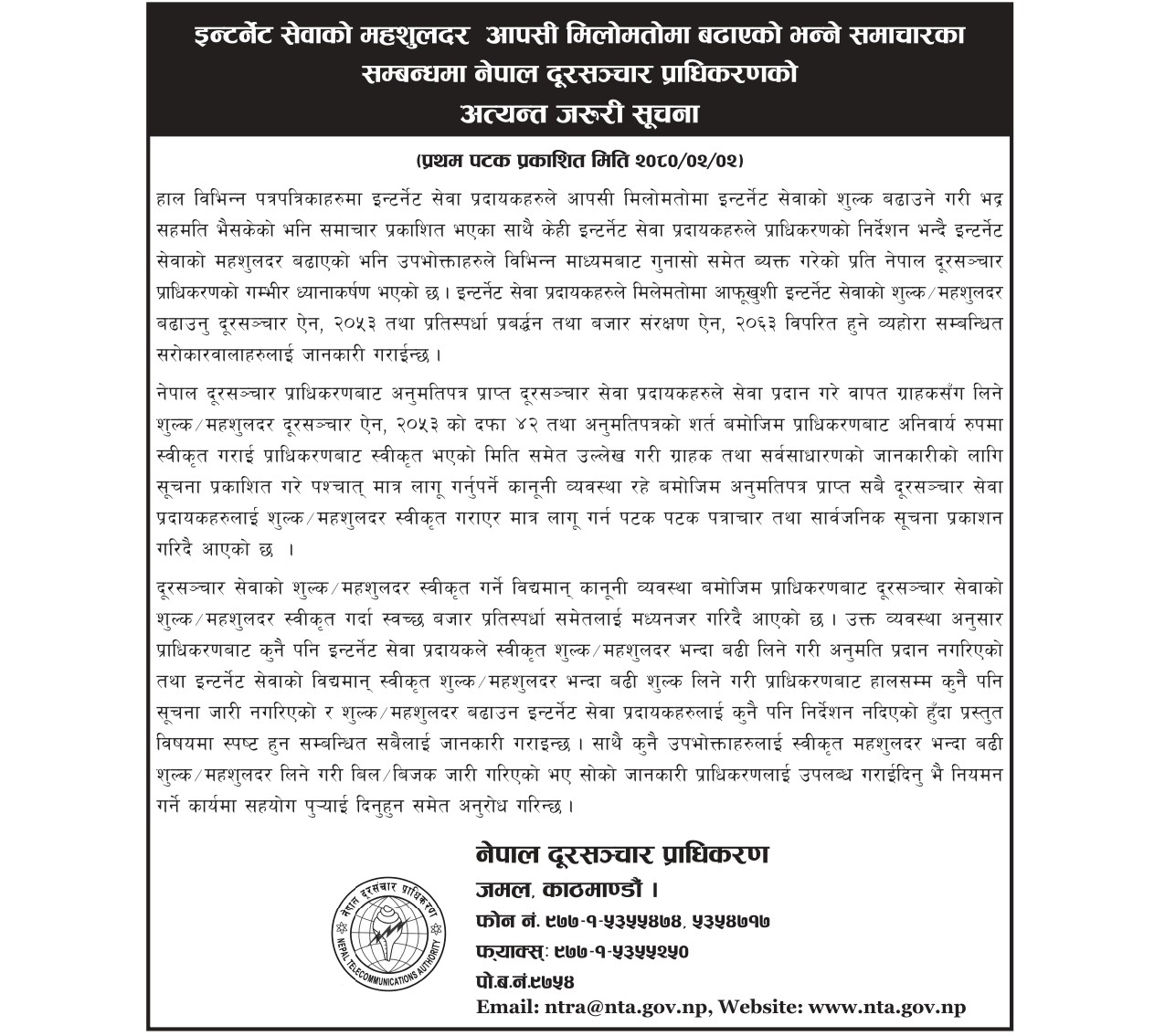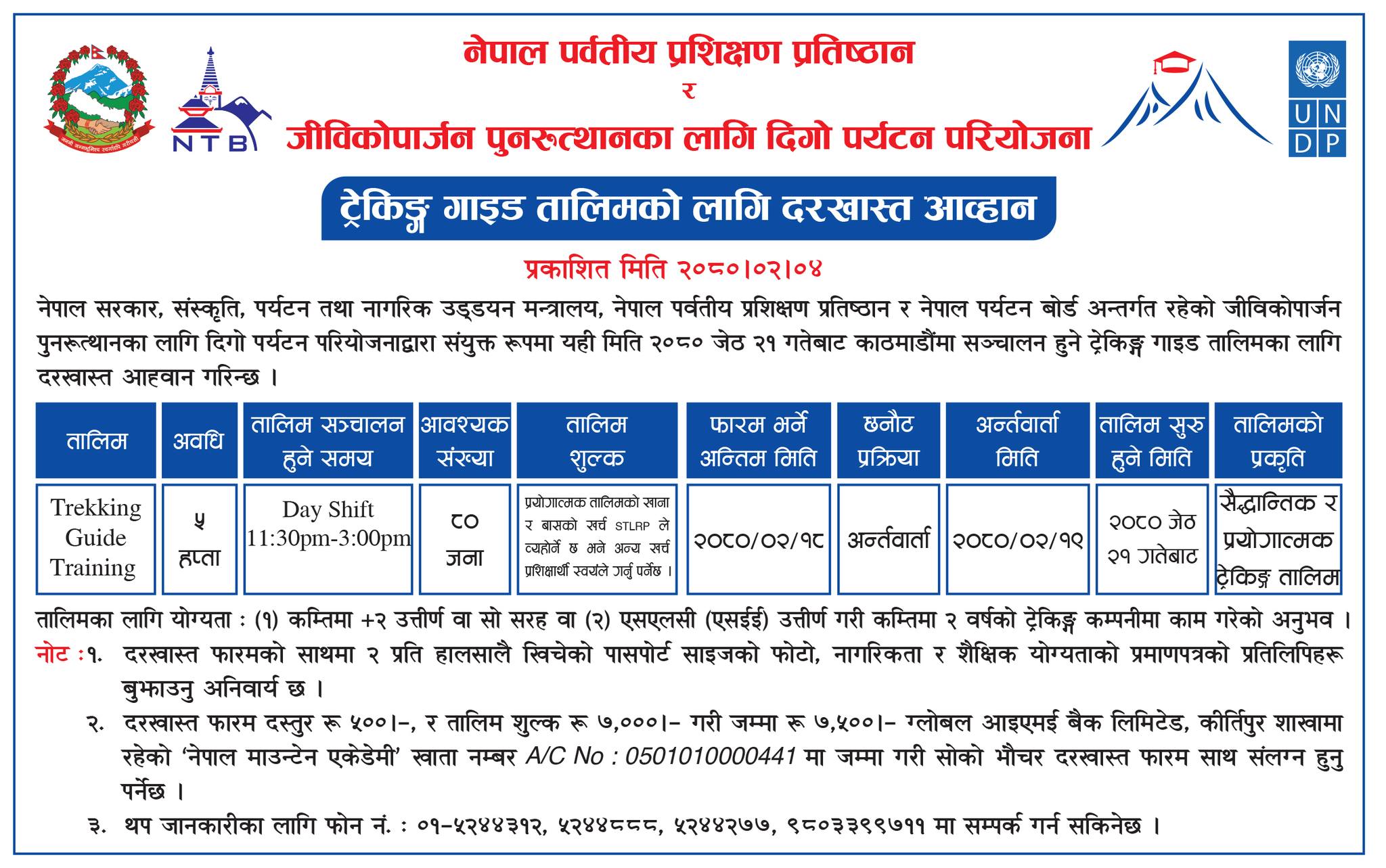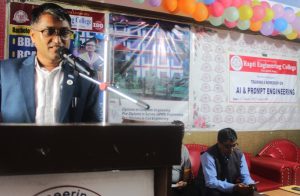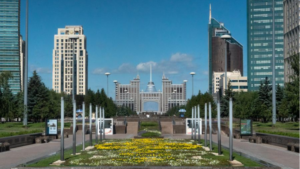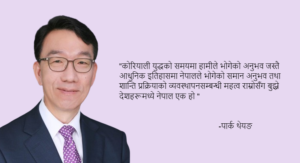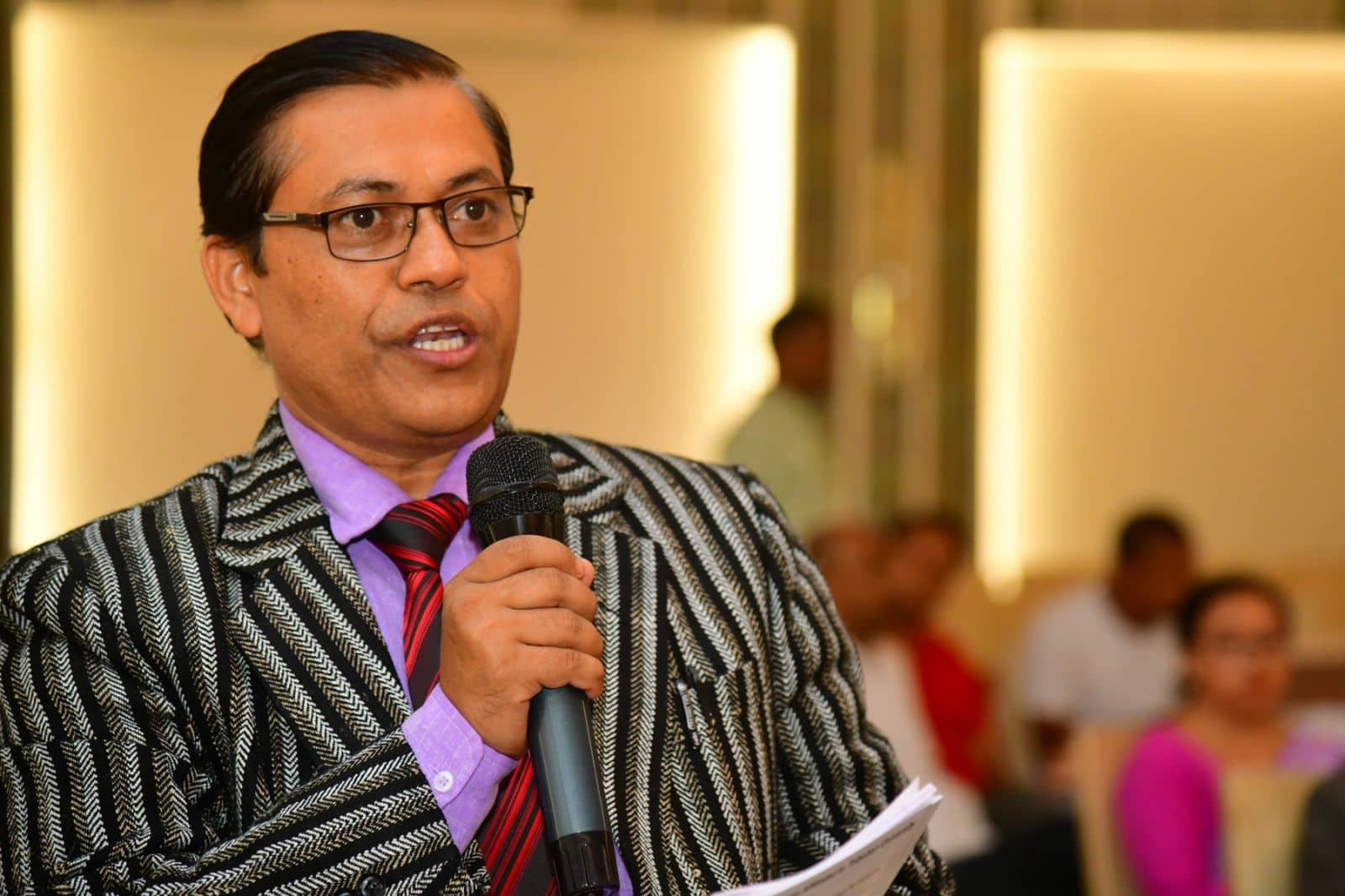
Dr. Shailendra Giri
Education plays a pivotal role in shaping the future of individuals, society, and the nation. To unlock its full potential, education must foster a thirst for knowledge in students, bridging the gap between theoretical learning and practical application. It should empower children to tackle personal, social, and national challenges, while promoting the values of rights, freedom, and equality among students.
The knowledge acquired in schools should equip students to lead healthy lives, enabling them to make logical decisions based on critical analysis and contribute to sustainable development on individual, societal, and national levels. Moreover, education is indispensable in nurturing a commitment to lasting peace through ethical conduct, social harmony, and environmental equilibrium. By leveraging modern knowledge, skills, and information and communication technology, education should foster self-reliance and a business-oriented mindset among students.
Furthermore, education must strive to produce citizens who respect their nation, its diverse identities, and its core values. It should encourage creativity, imagination, entrepreneurship, and noble ideals, cultivating a society that is self-sufficient, adaptable to change, reflective, and inclusive.
The Constitution of Nepal has recognized the right to education as a fundamental right, underscoring the state’s responsibility to provide educational opportunities for all citizens. In pursuit of long-term peace, good governance, and prosperity, Nepal has adopted a federal democratic republican governance system, with all three levels of government actively engaged. At the local level, responsibility has been taken to ensure the quality education of students up to the secondary level, fostering well-rounded individuals who are diligent and morally upright.
Education forms the bedrock of a nation’s progress and prosperity. Competent educational institutions pave the way for the development of capable citizens, equipped to lead the country in economic, social, political, cultural, and legal spheres. Regrettably, the current state of affairs in Nepal, be it political, economic, social, administrative, or cultural, is characterized by imbalance, inactivity, incapacity, and exclusion — all consequences of the education system.
Many highly educated individuals, including graduates and post-graduates, spend years pursuing government jobs, only to face disappointment and waste their prime years. This disillusionment often drives them to seek employment abroad, abandoning their potential contributions to society and the nation. Consequently, villages are left empty, with a dwindling population of young people. While substantial investments have been made in infrastructure, such as schools with well-equipped classrooms, libraries, and ample teaching positions, student enrollment remains dismally low.
These circumstances raise pressing questions about the quality of education and the return on the state’s investment. The significant financial resources allocated to teachers, who instruct a handful of students, must be assessed in terms of their contribution to the state’s prosperity and poverty alleviation. It is imperative to address this challenge by effectively managing educational resources and ensuring that the manpower produced by the education system actively participates in the nation’s progress. This, in turn, necessitates the creation of opportunities that integrate educated youth into the country’s production and prosperity.
In such a dire landscape, where villages lie deserted, farmland remains fallow, unemployment plagues the youth, and capable individuals continue to migrate abroad, the education system faces its most critical challenge. The prosperity of the state demands sustainable thinking, strategic planning, and concerted efforts. Superfluous ventures, such as unnecessary highways, scarcely-used meeting halls, and vacant school buildings, squander precious state funds. Meanwhile, teachers and staff, who lack students to teach, draw hefty salaries and allowances. Such inefficiencies hinder the progress of the education system, exacerbating the larger challenges faced by the nation.
Moving forward, Nepal must prioritize sustainable and strategic thinking to realign its priorities and foster genuine prosperity. Allocating resources where they are most needed, ensuring the utilization of state funds for productive ventures, and channeling the potential of educated individuals into the nation’s growth and development are crucial steps toward transforming the education system. Only through such measures can Nepal overcome its current challenges and build a brighter future for its citizens.






